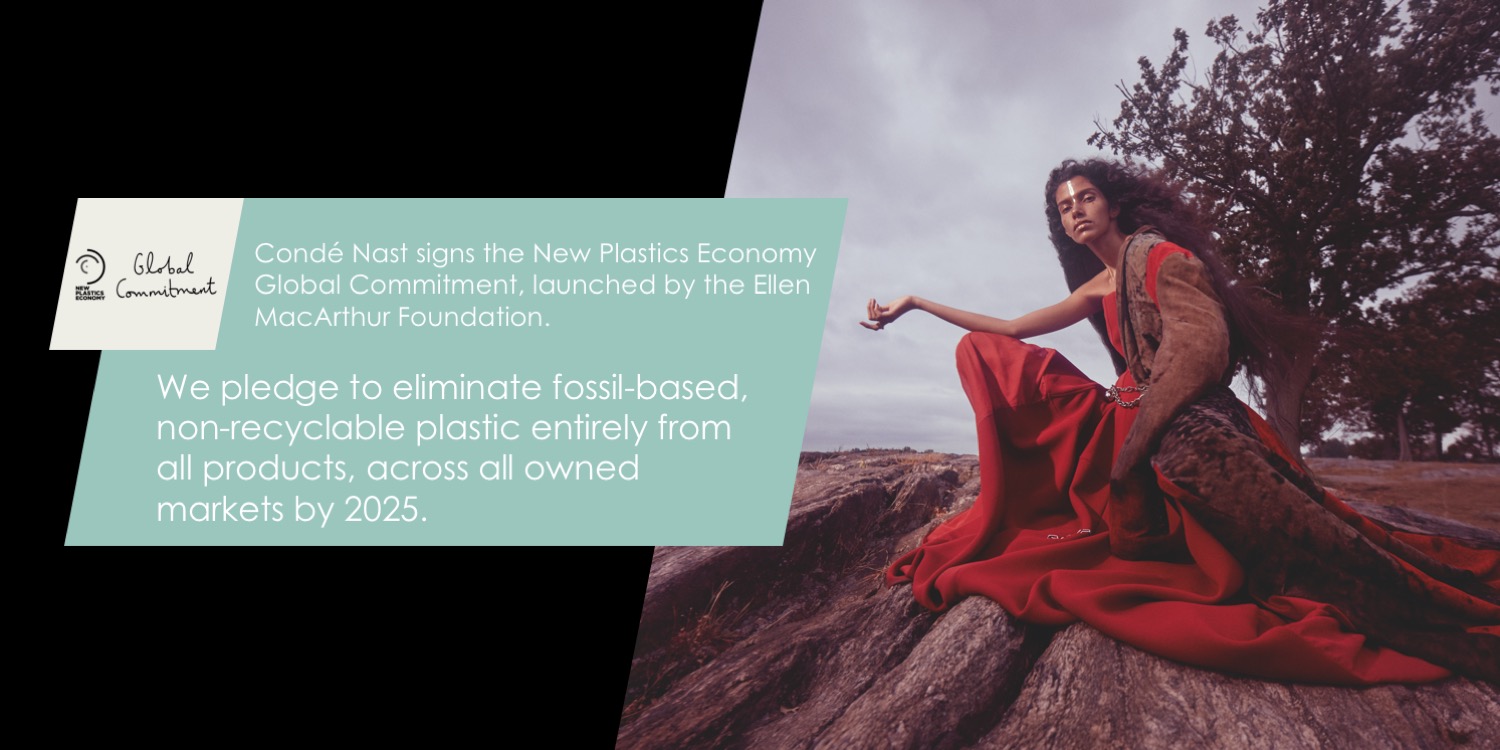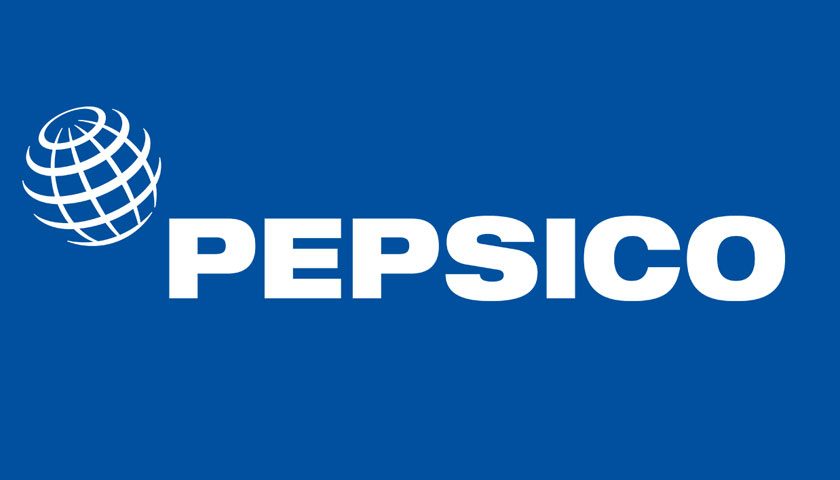Condé Nast is announcing its global pledge to act and inspire climate action. Condé Nast becomes the first media company to sign the UN’s Fashion Industry Charter for Climate Action and to make packaging pledges as part of the Ellen MacArthur Foundation New Plastics Economy Global Commitment. Through these partnerships, new initiatives and clear targets of accountability, the company aims to drive higher standards and systemic change in addressing the world’s most critical issue, climate change.
In addition to these partnerships, Condé Nast will use the influence of its brands, reaching more than one billion people around the world, to influence climate action through its own operations and the fashion and media industries.
“Condé Nast is home to some of the most influential, iconic brands in the world. We have a responsibility to use the power of those brands to help raise awareness, define terms of change, and point to solutions to ensure our audiences and our industry are informed and engaged in taking climate action,” said Roger Lynch, CEO of Condé Nast. “We also have a responsibility to operate our business in the most sustainable way possible. We are committed to measuring and reporting on our progress as we strive to be better global citizens.”
As the first media company to sign the Charter, Condé Nast joins other fashion industry players including Inditex, Kering and Stella McCartney in acknowledging the sector’s contributions to climate change and a responsibility to strive towards climate neutrality for a safer planet. The fashion industry contributes to environmental issues, including textile waste, water contamination, pollution and more.
In line with the principles of the Fashion Charter and with the goal of promoting broader climate action, Condé Nast will work with industry partners to influence consumers’ behaviours by promoting the re-use of clothes, sustainable fashion, innovative materials and technologies which can help to mitigate the environmental impact of fashion.
Condé Nast has also signed the New Plastics Economy Global Commitment, launched by the Ellen MacArthur Foundation in collaboration with UN Environment. In 2019, more than half of Condé Nast’s owned operations began phasing out fossil-based, non-recyclable plastic wrapping in subscription or newsstand uses, or both, seeking to eliminate the use of plastics altogether or to opt instead for recycled and bio-based alternatives. Condé Nast is announcing plans to do the same for all its U.S. publications in 2020. Through the Global Commitment, Condé Nast has pledged to eliminate fossil-based, non-recyclable plastic entirely from all products, across all owned markets by 2025.
In continuing its transformative journey to a more sustainable business practice, Condé Nast will lead by example to assess, disclose and minimise its environmental footprint. It will publish its first assessment report in early 2020 and outline a roadmap for a global sustainability plan including setting targets for its use of greenhouse gases.
Copyright © Emma Summerton for Vogue Germany

“Fashion has always reflected the big changes in society and been part of the cultural discourse. It is that timeliness that makes fashion so influential. Today, it is the duty of designers, textile manufacturers, fashion houses and fashion journalists to completely re-imagine, re-design and re-engineer how we make and consume fashion. As the world’s number one fashion publisher, we commit to doing our very best in championing these positive efforts. We absolutely must reach the Paris climate goals,” commented Wolfgang Blau, global Chief Operating Officer and President, International, Condé Nast.
With a new commitment to the Charter and its broader Global Sustainability Strategy, Condé Nast will empower and educate consumers on how to lead more sustainable lives through the different lenses of the company’s leading media brands including Vogue, GQ, Wired and AD.
“I welcome Condé Nast’s announcement today. Condé Nast is the first media outlet to join the Fashion Industry Charter, which is a token of their commitment to play their part in reaching the Paris Agreement goals, and highlights the need to have every sector and everyone on board,” said Patricia Espinosa, UN Climate Change Executive Secretary.
“As a global media company, their engagement will be very valuable to disseminate information about the sustainability efforts and achievements of the fashion industry as well as informing the world about the need for wider and accelerated climate action.”
A voice of authority, reaching 31 distinct markets worldwide, Condé Nast embodies an unparalleled influence and a responsibility to create meaningful change towards climate action. The company will use its position of influence to champion more sustainable industry approaches and collaborate with stakeholders across the fashion industry as a member of the Charter, whilst delivering content and consumer experiences of the highest quality built on values of excellence.



